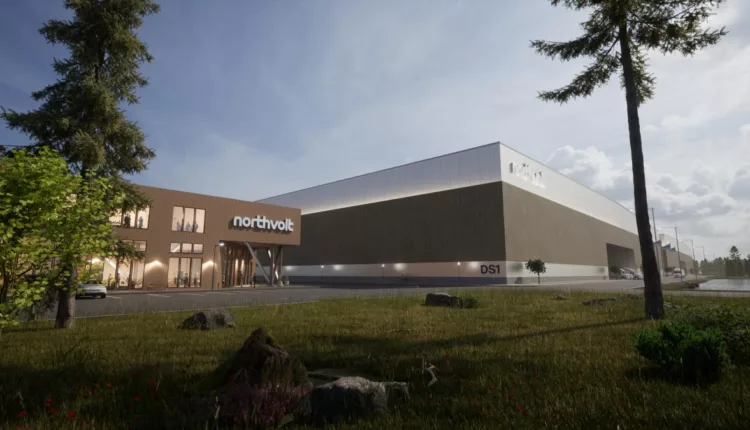
Quebec battery factory gets $2bn federal subsidies
TL/DR –
Starting January 1, certain electric vehicles (EVs) will become more expensive due to changes in tax credit eligibility, particularly for EVs that don’t source enough components from or have them assembled in North America. This move, alongside financial incentives from the Inflation Reduction Act, is part of the U.S. government’s efforts to shift the EV supply chains away from China. Battery manufacturers are also being incentivized to establish plants in the U.S. and Canada, with the latter offering its own subsidies, and companies like the Swedish firm Northvolt have already started to plan their North American expansions.
Price Increase for Some Electric Vehicles with Changes in Tax Break Eligibility
Starting January 1, certain electric vehicles will see a price hike as they lose eligibility for tax breaks due to insufficient North American components. These tax credit changes aim to shift EV supply chains, particularly for batteries, from China to North America.
If these requirements don’t sufficiently coax battery manufacturers to establish plants in the U.S., the Inflation Reduction Act offers further financial incentives. However, these tax credit stipulations extend to all of North America, prompting manufacturers to venture into Canada, which also provides its subsidies.
Northvolt Setting up a Battery Manufacturing Plant in Quebec
In Quebec, Northvolt, a Swedish car battery manufacturer for brands like Volkswagen, Volvo, and BMW, plans to establish a battery manufacturing complex. Initially, the company planned to construct its plant in the U.S., but a call from a Canadian economic minister and a subsequent funding package from the Quebec and Canadian governments worth over $2 billion changed its course. The package could even inflate to billions more once production begins.
Why Quebec was Chosen for the Battery Plant
In addition to the subsidies, significant factors swaying Northvolt’s decision towards Quebec were the province-owned power utility, Hydro-Québec’s abundant, renewable energy, and the province’s mineral deposits critical for battery makers. Despite the benefits, however, concerns have been raised about the potential environmental impact of the plant and the funneling of billions into foreign corporations.
Despite these concerns, supporters maintain that the estimated 3,000 jobs from the Northvolt plant will buoy the local economy for a decade or more. “We want to deliver our first cells out of our first building in July of ’26,” said Laurent Therrien of Northvolt, signifying that in the battery industry, that’s nearly tomorrow. The company will therefore accept all the government support it can get.
—
Read More US Economic News
